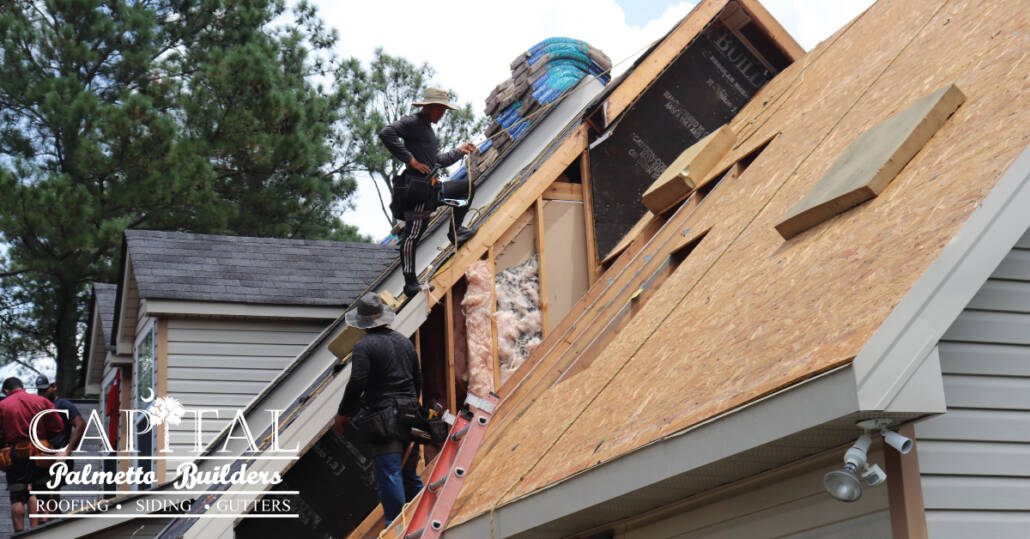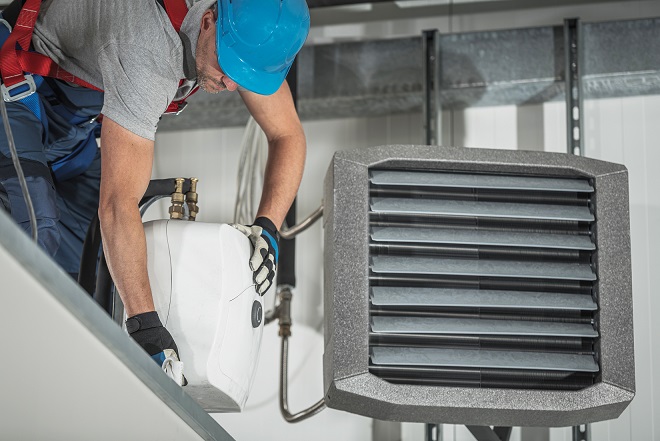
The Leesburg Concrete Company is a precast concrete company that has been manufacturing high quality building systems and products for more than 30+ years. The company is fast on its way towards becoming one of the most prominent specialty contractors in the area, thanks to a growing number of satisfied clients and a team made up of highly-experienced staff. Its headquarters is located in Leesburg, FL. Its product lines include handicap accessible ramps and restrooms, as well precast concrete steps and stairs, all of which are built to last.
Apart from brick and concrete, the company manufactures metal fabricated products like fences and railings, architectural and decorative precast cladding and access systems. The company also boasts a large contact database, an integrated platform for data and a mobile application. The company's employees work short hours and can produce hundreds of thousand of precast concrete units annually, unlike most brick-and-mortar construction companies.
The company sought to increase sales by trying something new. Instead of relying only on traditional sales personnel, the company hired outside sales reps. This allowed for a better productivity and cost-effectiveness. The slow sales cycle was still a problem. After months of trying unsuccessfully to increase sales over the years, the management finally decided that a more efficient plan was required.
To keep customers coming back, the company added a number of features including a customer App, a state-of the-art ready-mix concrete facility in Loudoun County, as well as smart signage. Treyco Outlaw oversees the project. It can produce 200 yards per hour. The Treyco Outlaw is supported by dedicated personnel.

The marketing department tried all the options, including banner ads and social media campaigns. But the most effective way for the company to market its products was by investing in an entire email marketing program. The company had to figure out the best content to send to clients.
FAQ
What does my SCA cover
Your SCA will outline the specific scope of work required. This includes how long it will take to complete, what materials and equipment are needed, as well as whether any permits are required.
Do I have to sign anything before starting work?
Yes - your SCA requires both parties to sign it. This means neither party can change their mind later without the other party's consent.
Who is responsible for paying for the service
Your SCA will indicate who is responsible in paying for the service. The service provider may be entitled to compensation if it isn't paid in full.
Statistics
- Depending on the client's trustworthiness and financial stability, a deposit is usually 10 to 50% of the total contract amount. (lawdepot.com)
- (v) Place or places of performance of the prime contract and first-tier subcontracts estimated at $10 million or more, if known. (acquisition.gov)
- (3) The contracting officer may provide for a contract price adjustment based solely on a percentage rate determined by the contracting officer using a published economic indicator incorporated into the solicitation and resulting contract. (acquisition.gov)
- (d) Contractor disputes related to compliance with its obligation shall be handled according to the rules, regulations, and relevant orders of the Secretary of Labor (see 41 CFR60-1.1). (acquisition.gov)
- (1) Except as provided in paragraphs (a)(4) and (a)(8) of this section, if the estimated amount of the contract or subcontract is $10 million or more, the contracting officer shall request clearance from the appropriate OFCCP regional office before- (acquisition.gov)
External Links
How To
What should a service contract include?
Every business relationship should have a Service Agreement (SA). It will outline what you expect and how it will be achieved. It also outlines when and where the other party must fulfill its contractual obligations.
The following are key elements for a successful SA
-
The scope of work and services required by both parties.
-
Details of payment terms including start date and end date for delivery of goods/services.
-
An agreed price for the project.
-
Additional costs, such as VAT, etc.
-
Whether there is any other matter that should be discussed.
-
Who will take care of the job if it goes wrong?
-
How disputes can be resolved
-
What happens if one party breaches the contract.
-
What happens if there is a dispute
-
When does the contract go into effect?
-
What happens if a party doesn't perform.
-
How long do you have to pay invoices?
-
Who pays for travel costs?
-
Where the money is coming from.
-
What happens if a client changes his mind?
-
What happens if your supplier doesn't show up?
-
Who is allowed to access the site during construction
-
What happens if the customer cancels?
-
What happens if the product is faulty.
-
What happens if the manufacturer refuses to supply parts.
-
What happens if equipment fails?
-
What happens if the project takes more time than anticipated?
-
What happens when the work is not completed within the specified timeframe?
-
What happens if the project is not up to standard?
-
What happens if the cost overruns.
-
What happens when the materials are not delivered in time?
-
What happens if the material arrives damaged.
-
What happens if products do not meet the standards?
-
What happens when the job is cancelled before completion?
-
What happens if the company goes bust.